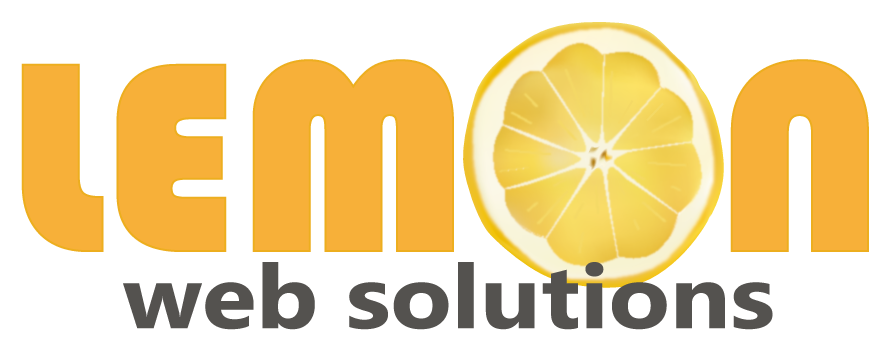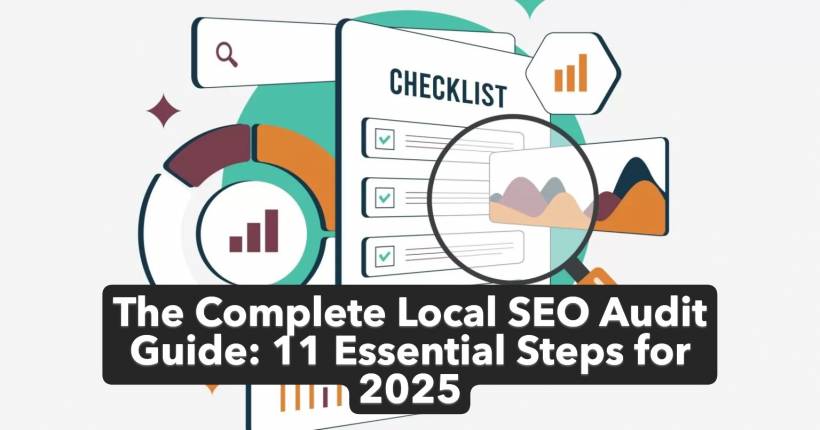Local SEO is no longer just about showing up on Google Maps — it's about being visible everywhere your customers look: search engines, AI assistants, social media, and even emerging generative platforms. Search engines and AI models like Google Gemini and ChatGPT now pull from vast pools of data to decide which businesses deserve to appear in local map packs, AI overviews, image carousels, or even conversational results.
So how do you make sure your business is showing up — and converting — in all the right places?
This 11-point local SEO audit checklist walks you through how to evaluate and improve your visibility across both traditional search and AI-driven discovery.
1. Keyword and AI Prompt Audit
Even in the age of AI, everything starts with understanding what your audience is searching for — and how they phrase it.
Begin by listing the topics, keywords, and conversational prompts your ideal customers use. Identify where you already rank and where your competitors dominate. Focus your efforts on achievable, commercially valuable keywords — the ones that lead to visits, calls, or purchases, not just clicks.
Today's SEO must also include natural language optimization. People are asking questions through voice search, smart devices, and AI assistants — meaning your content should sound conversational and context-aware.
Don't forget social search, either. Platforms like TikTok and Instagram are increasingly used for discovering local products and services. Keeping tabs on how you appear there helps you understand shifting user behaviors.
2. Website Audit
A strong foundation starts with your website. A full audit should cover three key areas:
And if your site relies heavily on JavaScript, work with your developer to ensure key content is rendered in raw HTML for better indexability.
3. Google Business Profile (GBP) Audit
Think of your Google Business Profile as your second website — and for many customers, their first impression of your business.
Audit your GBP for:
A complete and active GBP significantly improves your visibility in Google's AI Overviews and local map packs.
4. Review Management
Online reviews directly influence both visibility and trust. Regularly monitor new reviews across Google, Facebook, Yelp, and industry platforms like TripAdvisor.
Respond to every review — positive or negative — promptly and professionally. Encourage happy customers to leave feedback mentioning specific services or products, as those keywords can further boost your ranking.
5. Local Business Listings and Citations
Consistency is key. Your business name, address, and phone number must be uniform across all listings — from Google and Yelp to local chambers of commerce and industry directories.
Audit for:
Tools like Moz Local or Semrush can automate this process, or you can manually verify the first few pages of Google search results for your business name.
6. Backlink Audit
Backlinks remain one of the strongest ranking signals for both traditional and AI search.
Use tools like Ahrefs or Google Search Console to identify which websites link to yours — and where your competitors have links you don't. Prioritize obtaining backlinks from:
These links validate your business's authority and "local authenticity."
7. Local Content Audit
Strong local content connects your business to your community and search intent. Review your existing content to ensure you cover:
Optimizing for AI Search
AI results often extract direct answers from well-structured content. Add FAQ sections, use clear headings, and answer specific customer questions in natural language.
Diversify your formats — video, short-form posts, and social snippets now play an increasing role in local search discovery.
8. Google Search Console Review
Google Search Console reveals how Google views your site. Review it regularly to spot:
Fixing crawl and indexing errors should be one of your highest audit priorities.
9. Analytics Review
Use Google Analytics or equivalent tools to evaluate:
These insights help you focus on the pages that actually drive business results and identify opportunities for new content or backlinks.
10. Competitor Analysis
A complete local SEO audit must include your competition. Identify who consistently ranks higher in organic and AI results, and study their:
Your goal isn't to copy them — it's to outperform them by offering more useful, original, and localized content.
11. Preparing for AI Search
AI-powered search experiences like Google AI Overviews and AI Mode are transforming how people find local businesses.
Your AI Search Optimization Checklist:
As AI continues to evolve, your visibility will depend on how well your content aligns with user intent and provides direct, actionable answers.
Prioritize and Revisit Regularly
After completing your audit, you'll likely have a long list of action items. Start by improving areas where you already have some visibility, then expand toward more competitive keywords or markets.
A comprehensive local SEO audit should be performed every 6–12 months to keep your business ahead in both traditional search and AI-driven discovery.




